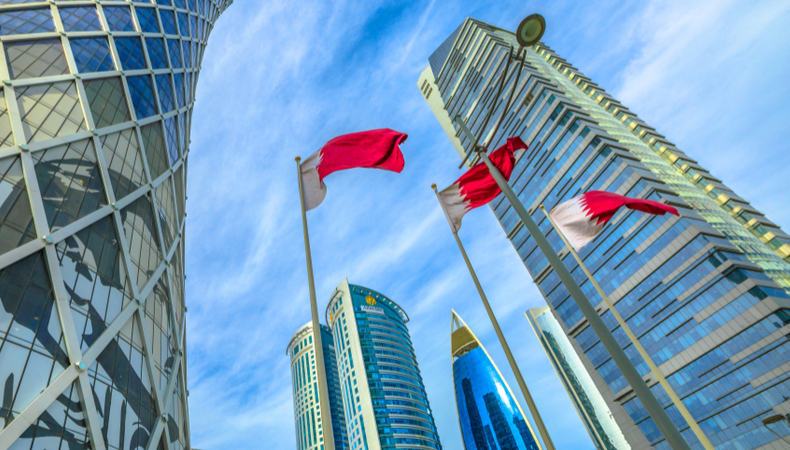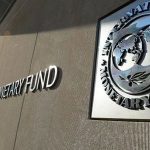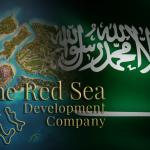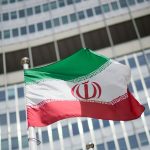How Qatar is drawing in and influencing the Middle East


Loosening impact of United States over the region
Turbulent swings in America’s foreign policy in relation to the Middle East region has created quite a storm among nations. As their frustration increases, the lack of trust in US policy is pushing the Middle Eastern countries towards adapting Qatar’s style – concisely they are undergoing a process what the Foreign Policy has called as “Qatarization”.
Now the countries are behaving like Qatar –making economic deals with China and Russia. The one country that is gaining the maximum in this whole power shift is Tehran.
Major powers amalgamate to form a big power
Former US President Donald Trump’s mediated Abraham Accords were seen as a move by US pivoted away from Gulf nations. This was further capped by Joe Biden’s overt enthusiasm to re-enter the Iran nuclear deal from Obama era.
The Gulf nations believed that US will protect them from Iran’s aggression. But after Saudi oil fields were attacked via Iran sponsorship, US did not spring to its defense. This was final testament for countries to hedge Washington’s influence.
Related Posts
A trump card for Iran
The evading influence of Washington and eventual Qatarization has brought greatest opportunities for Tehran, and it has been smart enough to exploit it.
Iranian regime has already destabilized many players in region including Syria, Lebanon, Iraq and Yemen, but the other countries have been a tough nut to crack. There have always been internal opposition in Saudi Arabia and Bahrain against Iran.
But Tehran has taken a detour and is taking Gulf hedging in a strategic way. It just highlights that Iran is ready to play a game that Qatar is master of. This can mean a similar plan of action like Qatar – a soft corner for Hamas, Taliban and other militant outfits in the region. But how the new game plan is going to sum up will change the geopolitics of the region as well as world.





























